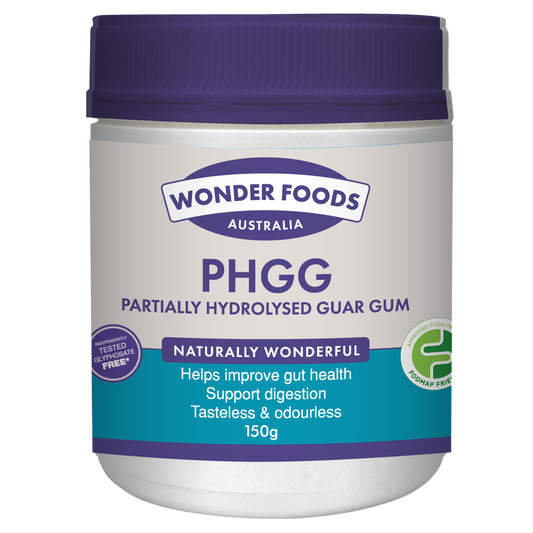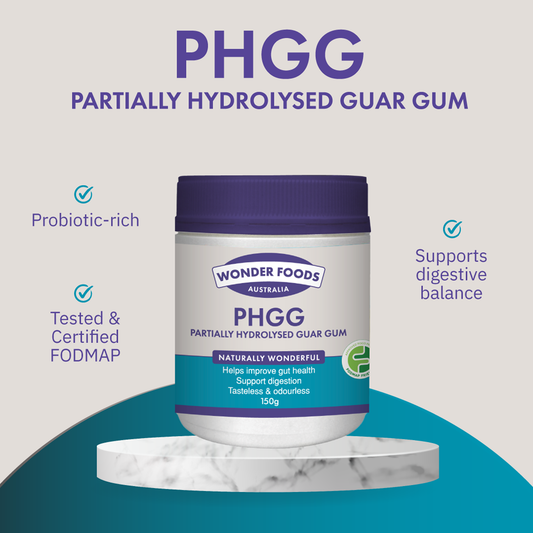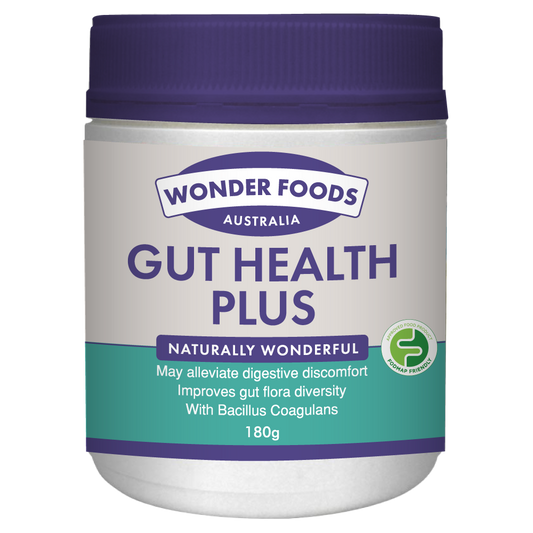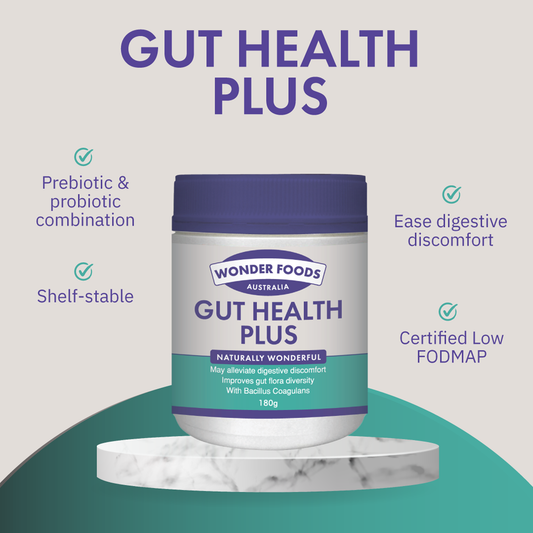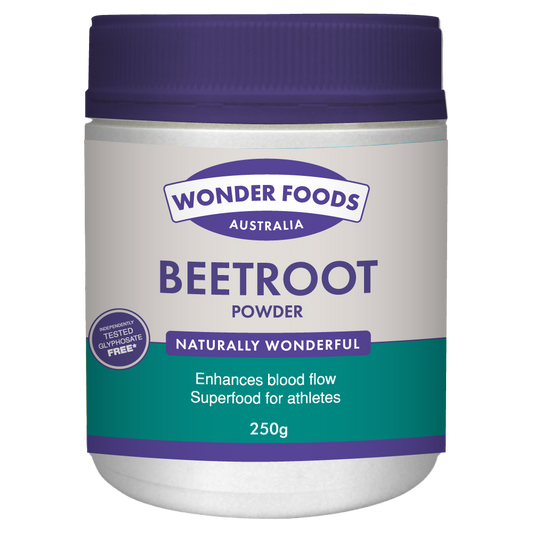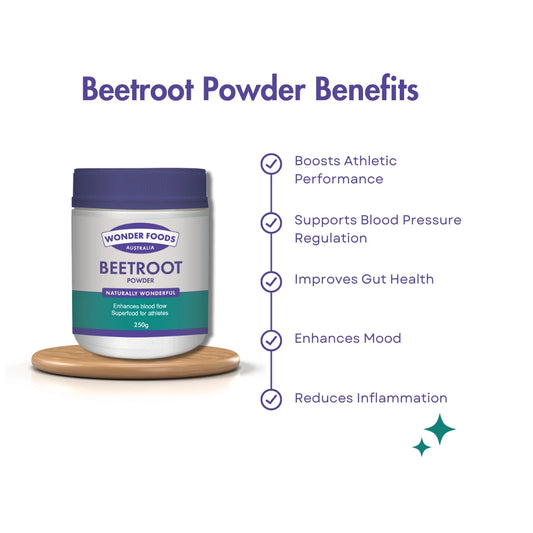
How does Gut Health affect my Sleep?
We know that good sleep is essential for overall health, but few connect it to gut health.
Poor sleep isn’t just about feeling tired—it can disrupt your gut microbiome, weaken your intestinal barrier, and even contribute to chronic conditions like metabolic dysfunction or leaky gut.
This article dives into the critical connection between sleep and gut health, exploring how your two systems influence each other and providing actionable tips to improve both.
How Sleep and Gut Health Are Connected
Your gut and your sleep are in a constant feedback loop.
Poor sleep disrupts your circadian rhythm—your body’s internal clock—which regulates processes like hormone release, gut motility, and digestion.
On the flip side, an unhealthy gut can disrupt sleep by sending stress signals to the brain.
The Impact of Poor Sleep on Gut Health
1. Hormonal Disruptions
Poor sleep lowers leptin (appetite suppressant) and raises ghrelin (appetite stimulant), which can lead to overeating and weight gain.
This hormonal imbalance affects gut motility, increasing the risk of inflammation and microbiome disruption.
Elevated cortisol levels from sleep deprivation amplify these effects, making your gut more prone to dysbiosis (imbalance in gut bacteria) and leaky gut.
2. Digestive Function
Digestive enzymes, stomach acid, and bile production follow circadian rhythms. Sleep disruptions throw off these processes, leading to inefficient digestion and nutrient absorption.
Since the gut produces 400x more melatonin than the brain, poor sleep can also create a vicious cycle where disrupted gut function further worsens sleep quality.
3. Gut Motility
Gut motility is controlled by circadian rhythms, with regular patterns aiding digestion during the day and slowing at night.
Poor sleep can cause irregular bowel movements, stagnation of toxins, and IBS-like symptoms.
This stagnation also creates an environment where harmful bacteria can thrive.
If you're already struggling with gut motility issues, consider (slowly) increasing your fibre intake with Partially Hydrolysed Guar Gum.
4. Liver and Detoxification
Your liver’s detox pathways are also regulated by circadian rhythms.
Poor sleep reduces the production of key detox enzymes and antioxidants like glutathione.
This leads to toxin buildup, which can damage the gut lining and promote leaky gut, allowing harmful substances to enter the bloodstream.
Supplementing with Glutamine can help improve Leaky Gut Syndrome.
5. Immune Function
Sleep is critical for immunity. It enhances the activity of T-cells and cytokines, which protect against infections.
Poor sleep weakens the immune system and increases gut inflammation, creating a cycle of worsening gut health and chronic inflammation.
If you've noticed a decrease in your immune function, it might be prudent to increase your Vitamin C intake.
6. Gut Lining Repair
Your body repairs the gut lining during deep sleep.
Poor sleep disrupts this process, weakening tight junction proteins like occludin and leading to increased intestinal permeability.
This breakdown of the gut barrier has been linked to conditions like colitis and systemic inflammation.
Improve Sleep to Support Gut Health
Improving your sleep isn’t just about getting more hours in bed—it’s about optimising your habits to align with your body’s natural rhythms.
Here are some evidence-based strategies:
Optimise Meal Timing
Avoid eating late at night. Your body prioritises rest and repair during sleep, not digestion.
Eating too late can disrupt this process and negatively affect both your sleep and gut health.
Light Exposure
- Morning Sunlight: Get natural light exposure in the morning to set your circadian rhythm.
- Evening Light Control: Avoid bright, artificial blue light after sunset. Use dim lighting, red lights, or blue light-blocking glasses to signal your body that it’s time to wind down.
Establish a Relaxing Night Routine
Engage in calming activities before bed. Avoid intense exercise or mentally stimulating tasks.
Reading, meditating, or sipping on herbal teas like chamomile or valerian root or even an Epsom Salt bath can help your body prepare for rest.
Stick to a Schedule
Go to bed and wake up at the same time every day, even on weekends.
Consistency helps regulate your circadian rhythm and improves sleep quality.
Create a Sleep-Friendly Environment
- Keep your room cool and dark (think about making your room like a cave).
- Remove electronics and reduce EMF exposure.
- Consider a white noise machine to block out disturbances.
Try Supplements
Certain nutrients and compounds can support better sleep and gut health:
- Magnesium: Helps relax muscles and calm the nervous system.
- Glycine: Supports deeper, more restorative sleep.
- L-Theanine: Promotes relaxation without sedation.
- Synbiotics: Maintain a healthy gut microbiome, which can improve sleep.
Conclusion
Your gut and sleep are deeply connected, influencing everything from digestion and immunity to hormone regulation and detoxification.
Poor sleep can disrupt this balance, creating a cycle of gut dysfunction and worsening rest.
By addressing both sleep hygiene and gut health, you can break this cycle and enjoy better overall well-being.
Implementing small but consistent changes in your routine—like optimizing light exposure, timing meals, and managing stress—can have a profound impact on your health.
Sleep well, and your gut will thank you.

